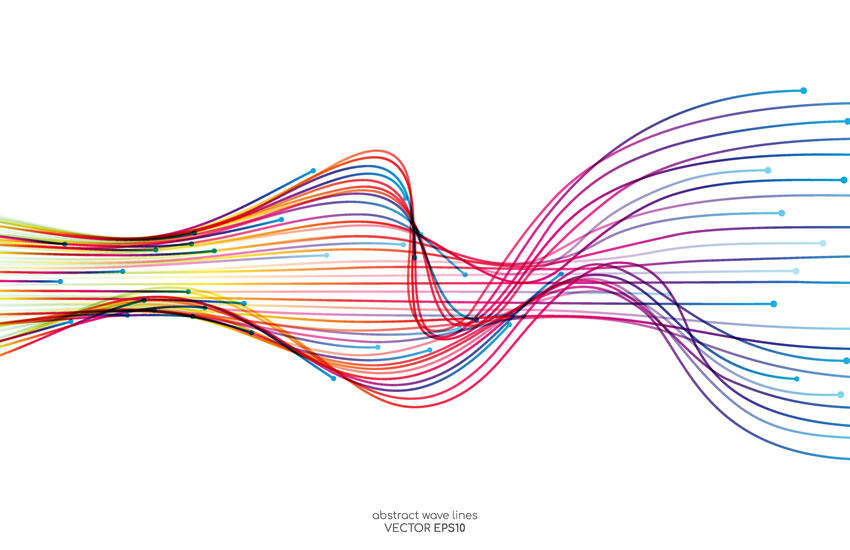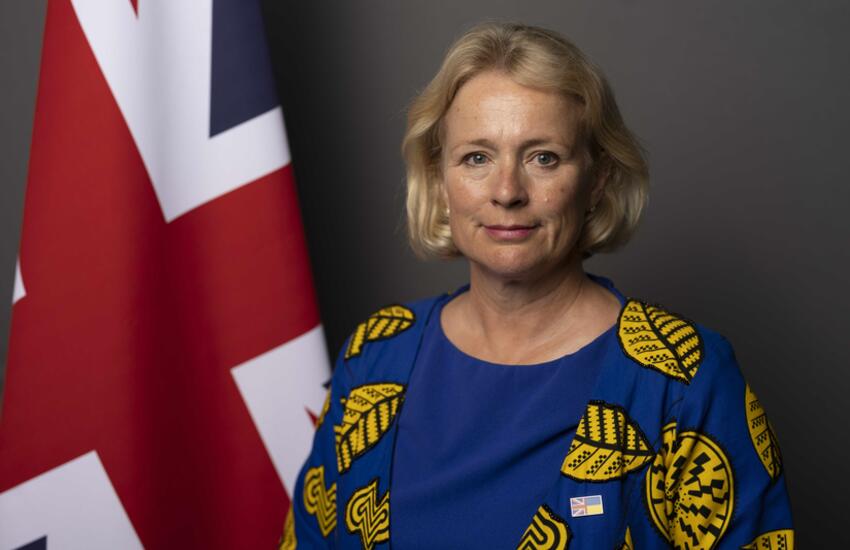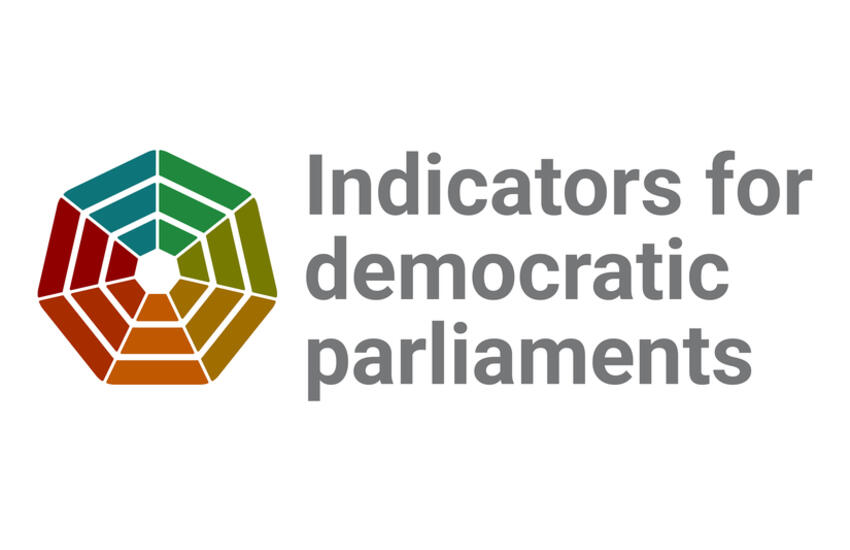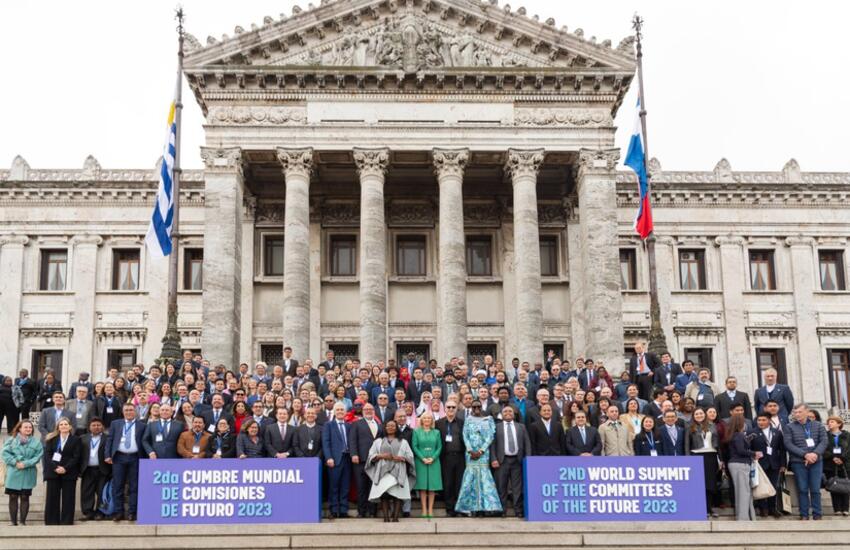Geneva, Switzerland, 29 September 2023. For immediate release
Digital tools have never been more important for the effective functioning of parliaments. A new IPU guide to digital transformation provides a blueprint for parliaments to effectively scale up their use of digital tools, including artificial intelligence (AI) and cloud computing.
The Inter-Parliamentary Union (IPU), in partnership with the Association of Secretaries General of Parliaments (ASGP), has published a Guide to digital transformation in parliaments, designed to inform and create greater awareness among parliaments about the challenges and opportunities of using digital tools, and providing them with practical examples and support.
The Guide is the result of 18 months of collaboration between the IPU and the ASGP and is based on data and information collected from 52 parliamentary chambers. It provides a snapshot of how parliaments around the world are harnessing the potential of digitalization to become stronger and more effective institutions.
Digitalization can help strengthen democracy
According to the Guide, digital transformation can strengthen democracy through better law-making, reducing paperwork and speeding up decision-making. By publishing more information and freely sharing data, parliaments can become more open and transparent to the people they represent. More digitalization also helps parliaments to reduce their carbon footprint and become greener institutions.
The Guide builds on previous IPU research in its 2022 World e-Parliament Report, which showed that the COVID-19 pandemic was the great catalyzer for digitalization of parliaments, resulting in a dramatic rise in the use of remote and hybrid proceedings.
It is intended to help parliaments in their digital transformation from start to finish. It explores relevant digital trends as well as practical approaches to running projects, organizing IT departments and tightening digital security.
What are the digital components of a parliament?
The main components which make up a modern parliament can include:
- a digital document management system to manage bills, amendments and committee reports;
- a videoconferencing system to enable members of parliament to participate in meetings and debates remotely;
- electronic voting systems, which can improve the speed, accuracy and accountability of the voting process; and
- an online citizen-engagement platform to facilitate more public engagement in the legislative process.
Providing a toolkit for digital success
The Guide to digital transformation in parliaments is designed to accompany parliaments on their journey, empowering them to address the challenges, steer clear of the pitfalls, and reap the benefits of increased digitalization.
The Guide also provides a number of practical tools that parliamentarians can use to plan and implement digital projects. It includes pointers on the use of agile methodology for organizing and carrying out projects, as well as an actionable approach to tightening parliamentary cyber security. There is also a checklist which provides clear first steps for parliaments that have yet to start their digital transformation journey.
Digital trends for parliaments
Parliamentary technologies are constantly evolving, but the following are some of the emerging trends identified by the Guide:
- Cloud computing technologies are being used to store, manage and process large amounts of data.
- Open data initiatives are becoming increasingly common in parliaments, enabling citizens to access and use parliamentary data for research, analysis and public scrutiny.
- AI and machine learning are increasingly being explored by parliaments to automate various tasks, such as data analysis and speech recognition. AI-powered tools can also help parliamentarians to process vast amounts of data and improve decision-making.
The Guide is designed to be flexible and non-prescriptive, encouraging each parliament to tailor the advice to its specific context. It assumes that all parliaments are unique and that they will approach digital transformation from different vantage points, and with different ambitions for the future.
The IPU is the global organization of national parliaments. It was founded more than 130 years ago as the first multilateral political organization in the world, encouraging cooperation and dialogue between all nations. Today, the IPU comprises 179 national Member Parliaments and 14 regional parliamentary bodies. It promotes democracy and helps parliaments become stronger, younger, gender-balanced and more innovative. It also defends the human rights of parliamentarians through a dedicated committee made up of MPs from around the world.
For more information about the IPU, contact Thomas Fitzsimons at e-mail: [email protected]











